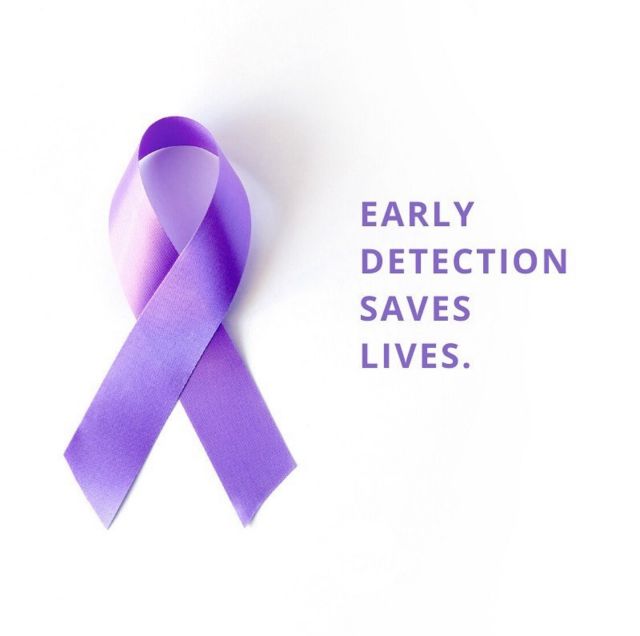Oncologists are faced with a huge challenge when it comes to pancreatic cancer. Its inflicted nature, and the fact that it is usually diagnosed at a late stage, makes it difficult to treat. Researchers continue to investigate its intricate nature, while raising questions about its etiology as well as genetic predispositions. They also ask about prevention strategies and the support the pancreatic cancer foundations provide.

Pancreatic Cancer Is it Genetic?
The genetic cause of pancreatic cancer is among of the most commonly asked questions. A small portion of pancreatic cancer cases have been linked to genetic mutations. The majority of cases of pancreatic carcinoma are believed to be sporadic (meaning that they do not appear to be inherited), a small number of cases may actually be inherited. Certain genetic syndromes, like mole melanoma that is atypically familial, Lynch syndrome and hereditary melanoma are linked to an increased risk of developing pancreatic carcinoma. In addition, mutations in genes such as BRCA1, BRCA2, PALB2 and ATM have been linked to family-related pancreatic cancer cases. Understanding the genetics behind pancreatic cancer does not just shed more information on the pathology but also assists in screening and risk assessment for those at high risk.
Pancreatic Cancer Prevention
A diagnosis of pancreatic cancer could be a grim one thus efforts to prevent it are essential. While some factors that increase the risk of developing cancer, such as age, gender, race, and family history are outside of the control of a person There are lifestyle changes that can help mitigate risk. The risk of a lower incidence of pancreatic cancer has been linked to a variety of factors, such as stopping smoking and maintaining a healthy diet, in addition to limiting alcohol and eating fruits, vegetables and cereals. Additionally, those with relatives with a history of pancreatic cancer or known genetic predispositions may benefit by genetic counseling and testing to evaluate their risk and provide preventive strategies. In high-risk groups taking care of modifiable risk factors and encouraging early detection could assist in the prevention of pancreatic cancer. For more information, click Pancreatic cancer charity
Pancreatic Cancer: Causes and Treatment
Understanding the main factors that cause pancreatic cancer is pivotal in devising effective prevention and intervention strategies. While the mechanisms behind pancreatic cancer are not fully understood certain risk factors are identified. Smoking can be a factor in 20-30% or more of pancreatic cases of cancer, is among the most significant risk factors. Pancreatic inflammation or chronic pancreatitis (a condition that causes inflammation in the pancreas), has been associated with pancreatic cancer. Additionally, obesity, diabetes, and certain dietary factors including red and processed meats, have been associated with an increased risk of developing pancreatic cancer. The burden of pancreatic cancer can be reduced by addressing the risk factors and taking preventive steps.
Pancreatic Cancer Charity Beacon of Support
Faced with the difficulties posed by pancreatic cancer the importance of pancreatic cancer organizations can’t be overemphasized. These organizations provide support and advocacy, as well as education and funding for research to healthcare professionals, patients and their families. Pancreatic cancer charities provide a myriad of services, including financial assistance as well as support groups, informational materials, and access to clinical trials. They also play a crucial part in spreading awareness about pancreatic cancer, promoting early detection and arguing for increased research funding and enhanced patient care. Pancreatic Cancer Charities seek to make a difference in the fight against pancreatic cancer by encouraging community engagement and collaboration.
Pancreatic Cancer: The Landscape of the Malady
Pancreatic Cancer Charity offers support services and a comprehensive knowledge of genetics. While genetic factors contribute to some cases, efforts to prevent pancreatic cancer are focused on the risk factors that can be controlled and earlier detection of those who are at risk. To improve outcomes and decrease the burden of the disease, it is important to address the root causes of pancreatic cancer and make use of the resources of pancreatic charity organisations. With the advancement of research and increased awareness, we could count on an improvement in the lives of those who fight pancreatic cancer.